Ulla-Maija Forsberg
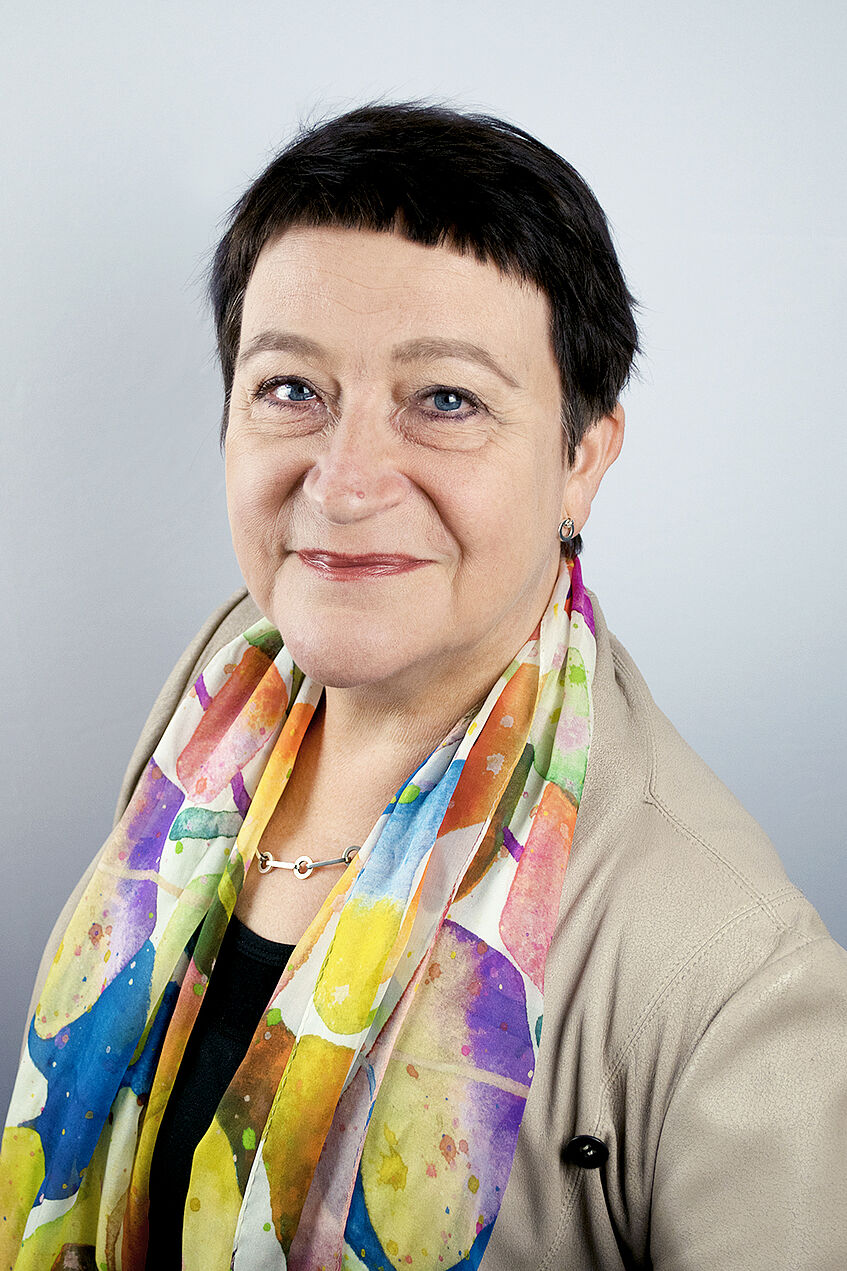
Ulla-Maija Forsberg
Dr. Ulla-Maija Forsberg, Professorin für finnisch-ugrische Sprachen an der Universität Helsinki, arbeitet (2016–2021) als Direktorin des Instituts für die Landessprachen Finnlands. Sie war die Chefredakteurin des etymologischen Wörterbuchs Suomen sanojen alkuperä (‘Die Herkunft der finnischen Wörter’) und arbeitet zurzeit an einem etymologischen Wörterbuch des Helsinkislangs.
Charlotta af Hällström-Reijonen
Dr. Charlotta af Hällström-Reijonen arbeitet am Zentrum für die Landessprachen Finnlands (Kotus / Språkinstitutet) seit 1996, und leitet dort seit 2018 die schwedische Abteilung. Zu ihren Arbeitsbereichen gehören u.a. die Zeitschrift https://www.sprakinstitutet.fi/sv/publikationer/tidskriften_sprakbrukSpråkbruk und die nordischen Kooperationen. Gemeinsam mit Mikael Reuter war sie die Herausgeberin des Finnlandschwedischen Wörterbuchs (Finlandssvensk ordbok). Sie hat 2012 an der Universität Helsinki/Helsingfors promoviert, mit einer Doktorarbeit über die Finnlandismen und die Sprachpflege vom 19. Jh. bis zum heutigen Tag. Sie hat auch am Forschungsprojekt "Svenskan i Finland – i dag och i går” [‘Schwedisch in Finnland – heute und gestern’] der Finnlandschwedischen Literaturgesellschaft mitgewirkt und mehrere Aufsätze veröffentlicht.
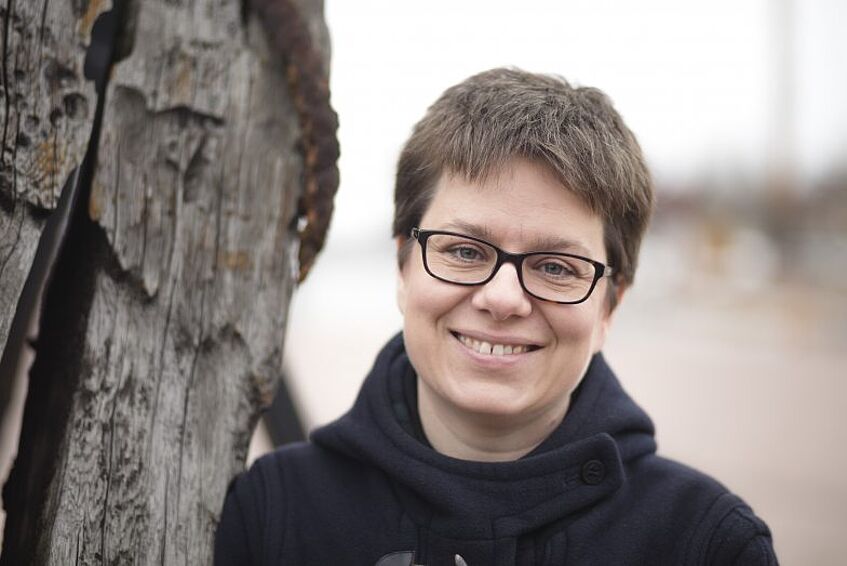
Kristina Malmio
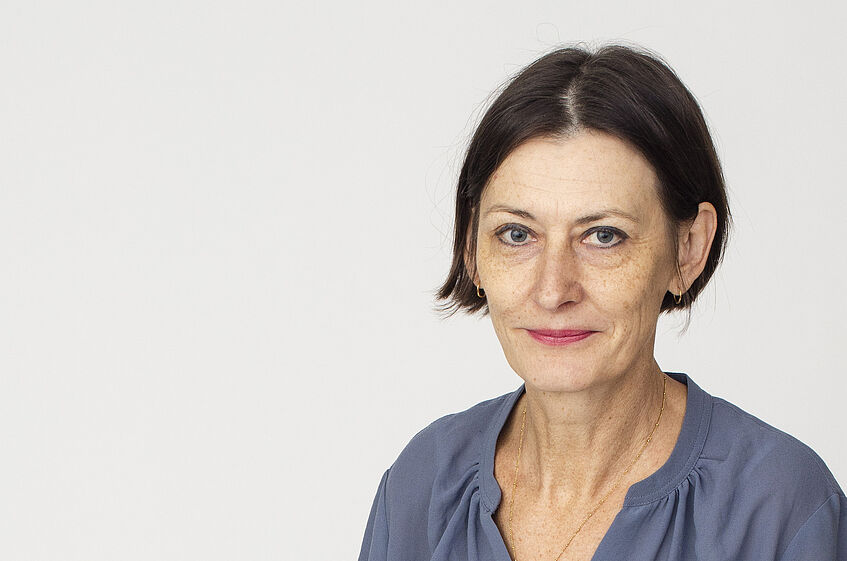
Kristina Malmio
Dr. Kristina Malmio is University Lecturer in Nordic Literature at the Department of Finnish, Finno-Ugrian and Scandinavian Studies at the University of Helsinki, Finland. She specializes in Finland-Swedish literature, modern and postmodern literature, literary spatiality, and sociology of literature. Recent publications include the co-edited volumes Novel Districts. Critical Perspectives on Monika Fagerholm (2016) and Contemporary Nordic Literature and Spatiality (2019 forthcoming). Malmio is the former member of the Nordic Council Literary Prize Committee and has several positions of trust in research organizations in Finland and Sweden.
Judith Meurer-Bongardt
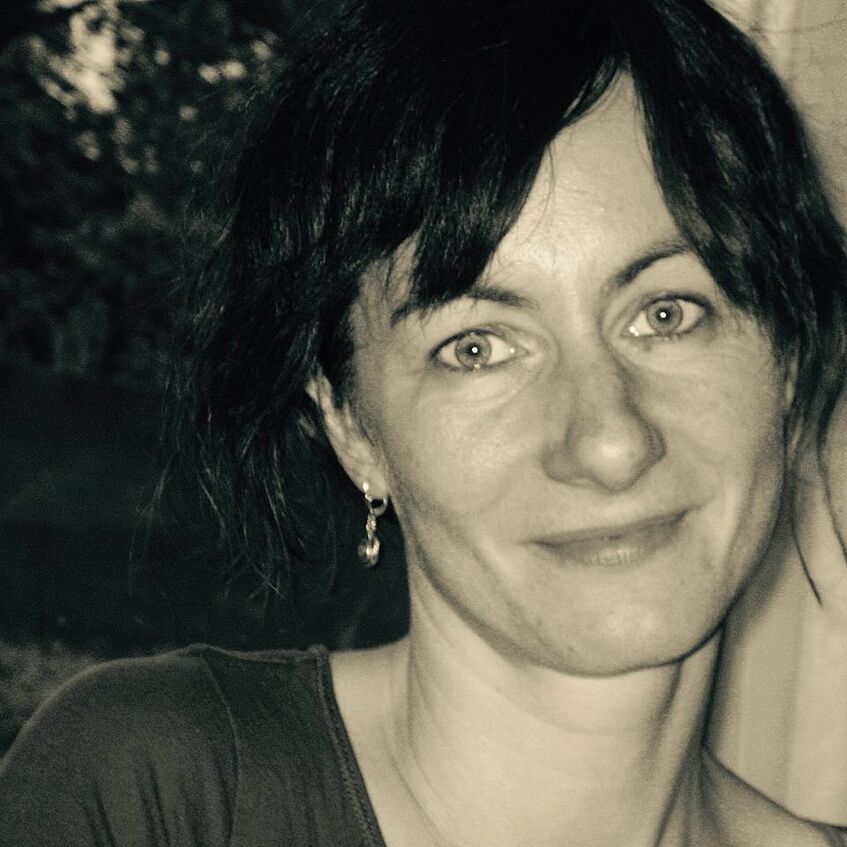
Judith Meurer-Bongardt
Dr. Judith Meurer-Bongardt ist wissenschaftliche Mitarbeiterin an der Abteilung für Skandinavische Sprachen und Literaturen der Universität Bonn. Sie hat die Promotion am Institut für Literaturwissenschaft der Åbo Akademi mit einer Doktorarbeit über utopisches Denken in den Schriften der finnlandschwedischen Kritikerin und Schriftstellerin Hagar Olsson abgeschlossen. In den letzten Jahren beschäftigt sich Judith Meurer-Bongardt neben dem Finnlandschwedischen Modernismus besonders mit dystopischen und utopischen Romanen der Gegenwart aus dem gesamten Nordeuropäischen Raum unter ökokritischen Gesichtspunkten. Judith Meurer-Bongardt ist Mitglied des literaturwissenschaftlichen Beirats ("litteraturvetenskapliga nämnden") der Svenska litteratursällskapet i Finland.
Sia Spiliopoulou Åkermark
Dr. Sia Spiliopoulou Åkermark is a Greek – Swedish – Ålandic – Finnish – European lawyer and associate professor (docent) in international law. Since 2007 she is the Director of the Åland Islands Peace Institute in Mariehamn. She works mainly on issues of diversity, pluralism, minorities and restraints in the use of force. Sia has served as an expert member of the Advisory Committee on the Framework Convention on National Minorities of the Council of Europe, including as the Committee’s President. Among her more recent publications are Självstyrelser i Norden i ett fredsperspektiv (‘Self-government in Norden from a Peace Perspective’, with Gunilla Herolf 2015); Towards Openly Multilingual Policies and Practices - Assessing Minority Language Maintenance Across Europe (with Johanna Laakso, Anneli Sarhimaa and Reetta Toivanen, 2016); and Demilitarisation and International Law in Context – The Åland Islands (with Saila Heinikoski and Pirjo Kleemola-Juntunen, 2018).
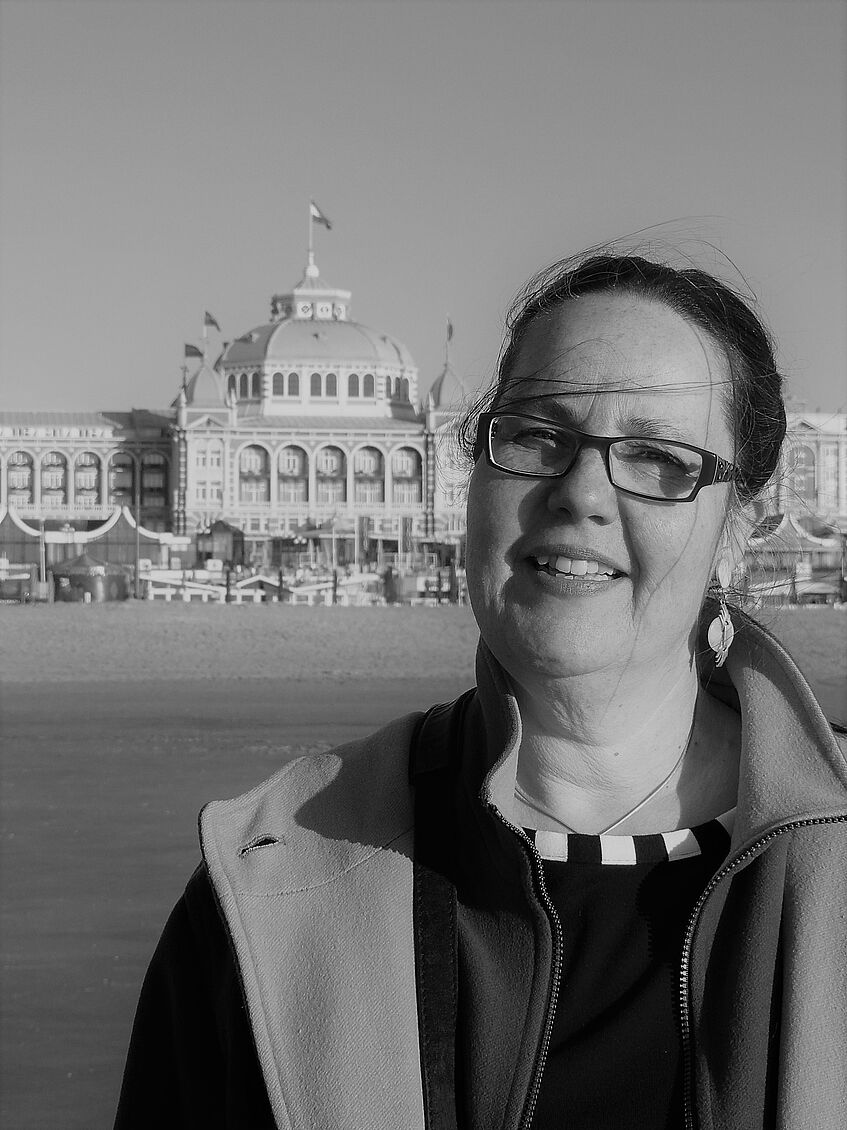
Antje Wischmann
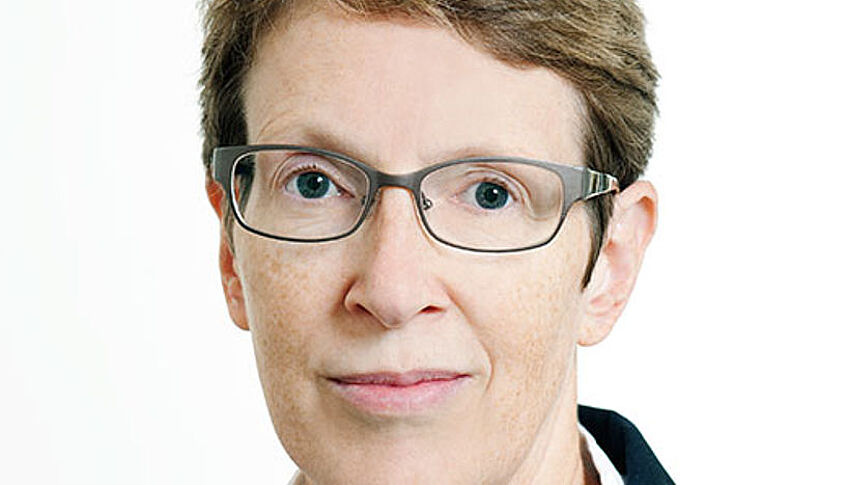
Antje Wischmann
Dr. Antje Wischmann, Professorin für Literatur- und Kulturwissenschaft an der Abteilung für Skandinavistik, Institut für Europäische und Vergleichende Sprach- und Literaturwissenschaft, Universität Wien.
Schwerpunkte: Skandinavische Literatur vom 19. bis zum 21. Jahrhundert, kulturwissenschaftlich und linguistisch erweiterte Zugänge in der Literaturwissenschaft, Räumlichkeit von Literatur, Mobilität, Utopien und Dystopien.
